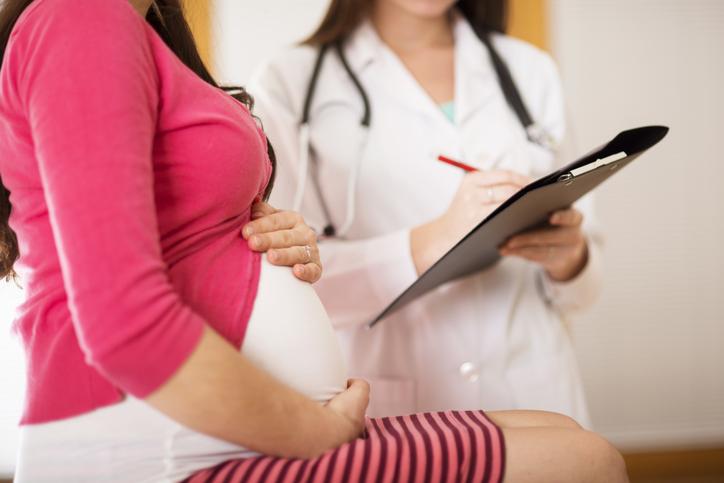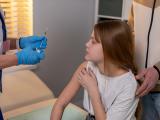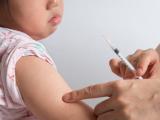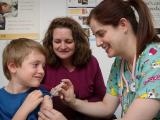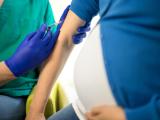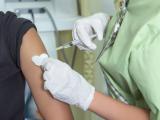The pertussis (whooping cough) vaccine given to mothers during pregnancy provides babies with strong protection against the disease, especially during the first 2 months of life, researchers from Kaiser Permanente reported today.
The findings, published in Pediatrics, also shed light on the impact of maternal vaccination on babies after they begin receiving their first doses of diphtheria, tetanus, and acellular pertussis (DTaP) vaccine.
Newborns are especially vulnerable to potentially fatal Bordetella pertussis infections, particularly during the gap between birth and receipt of the first vaccine dose at 2 months of age.
Since 2012, the US Centers for Disease Control and Prevention Advisory Committee on Immunization Practices (ACIP) has recommended tetanus, diphtheria, and acellular pertussis (Tdap) vaccination in pregnant women regardless of prior vaccination status, ideally between 27 and 36 weeks gestation. The recommendation replaced ACIP's earlier advice that women be vaccinated against pertussis during the immediate postpartum time.
Impact of antibody transfer
The research team examined the medical records of 148,981 babies born at Kaiser Permanente hospitals in northern California from 2006 through 2015. Over that period, the percentage of women vaccinated against pertussis during pregnancy rose sharply, from less than 1% in 2006 through 2008, to nearly 12% in 2010, to more than 87% by 2015 after the ACIP recommendation gained traction and the health system added reminders to its electronic medical record.
The study design allowed the group to evaluate any positive or negative impact that pertussis vaccination of pregnant women had on babies as they received their first three doses at ages 2, 4, and 6 months of age.
Effectiveness of maternal vaccination against pertussis during infants' first 2 months of life was 91.4% (95% confidence interval [CI], 19.5 to 99.1), and it was 69% (95% CI, 43.6 to 82.9) during the whole first year of life. Looking at different time points, the investigators found that maternal vaccine effectiveness was 87.9% before babies had any of their DTaP doses, 81.4% between the first two infant doses, 6.4% between doses 2 and 3, and 65.9% following three infant doses.
Results affirm protection strategies
Nicola Klein, MD, PhD, senior author and director of Kaiser Permanente Vaccine Study Center, said today in a Kaiser Permanente press release that the strategy of vaccinating pregnant women to boost antibody transfer to babies appears to be more effective than "cocooning," which consists of vaccinating mothers and other newborn caregivers soon after birth.
"The results of this study demonstrate that maternal Tdap administered during pregnancy provides the best protection against pertussis, which strongly supports ACIP's current recommendation to administer Tdap during each pregnancy," she said.
Evaluating the impact of Tdap vaccination during pregnancy on infant protection during the 2-month protection gap as well as when the babies were getting their first three DTaP doses addressed concerns that the two types of pertussis vaccines could interfere with each other, potentially eroding protection for infants.
Klein said, "It is reassuring that at every level of DTaP exposure, children with maternal Tdap are better protected."
See also:
Apr 3 Pediatrics study
Apr 3 Kaiser Permanente press release
